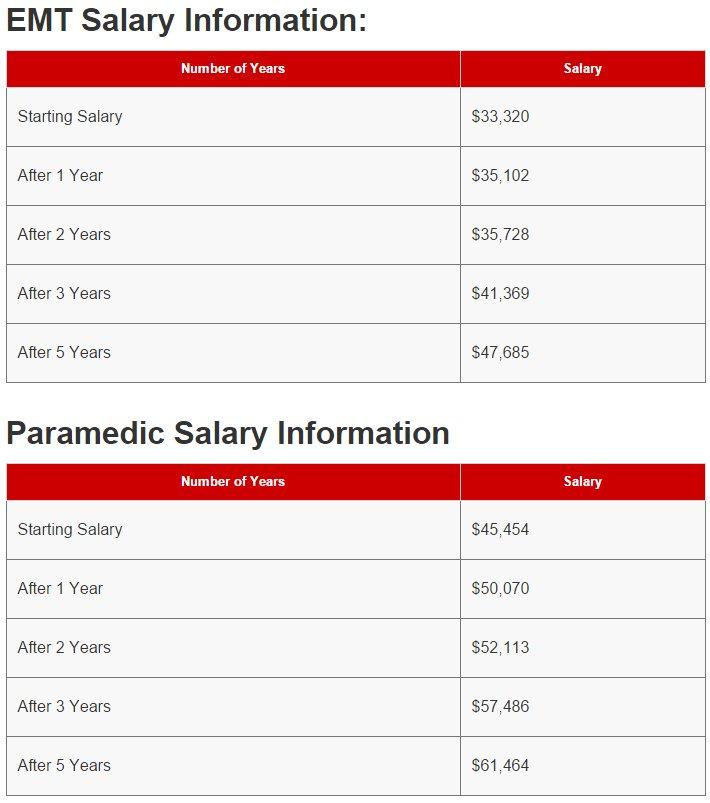Addressing the Pay Gap: The Urgent Need to Fairly Compensate New York City EMTs
New York City EMTs: Essential Yet Undercompensated Amid Soaring Living Costs
Emergency Medical Technicians (EMTs) in New York City serve as vital first responders, often confronting life-threatening emergencies and public health crises with unwavering dedication. Despite their indispensable contributions, their salaries remain disproportionately low, especially as the city’s living expenses continue to escalate. Balancing the demands of a high-stress profession with financial hardships is an untenable reality for many EMTs, who deserve compensation that reflects both their skill and sacrifice.
The financial strain on EMTs is multifaceted, encompassing:
- Housing expenses: With median rents surpassing $3,000 monthly in many boroughs, affordable housing is increasingly out of reach.
- Commuting costs: Many EMTs work multiple shifts across different locations, incurring significant transportation expenses.
- Professional development and healthcare: Out-of-pocket costs for certifications, ongoing training, and medical care add to their financial burdens.
| Expense Category | Average Monthly Cost | Median EMT Take-Home Pay |
|---|---|---|
| Rent | $3,100 | $3,600 (net) |
| Transportation | $180 | |
| Certification & Training | $150 – $250 | — |
These figures highlight the widening gap between EMT earnings and essential living costs. Without prompt intervention from city leadership, the risk of workforce depletion and diminished emergency response quality looms large.
The Human Toll of Insufficient EMT Compensation in NYC
Beyond financial figures, the repercussions of inadequate pay for EMTs manifest in tangible human costs. Low wages contribute to heightened stress, burnout, and mental health challenges, including anxiety and depression. Many EMTs juggle secondary jobs to make ends meet, sacrificing rest and well-being, which compromises their ability to deliver optimal care during emergencies.
Key impacts of underpayment include:
- Elevated turnover rates that disrupt team dynamics and reduce institutional knowledge.
- Increased incidence of post-traumatic stress disorder (PTSD) and other mental health issues.
- Reduced availability for overtime and critical shifts, straining emergency response capacity.
- Declining quality and timeliness of pre-hospital medical interventions.
| Indicator | NYC EMTs | National Average |
|---|---|---|
| Average Annual Salary | $38,000 | $44,000 |
| Annual Overtime Hours | 360 | 220 |
| Turnover Rate | 19% | 12% |
Policy Solutions: How City Hall Can Bridge the EMT Wage Divide
To safeguard the future of emergency medical services, New York City officials must enact targeted reforms that acknowledge the demanding nature of EMT work. A thorough wage reassessment should incorporate factors such as occupational hazards, mental health challenges, and inflation-driven living costs. Implementing structured pay increases and a transparent salary framework will help align compensation with the realities EMTs face.
Additional policy recommendations include:
- Experience-based pay scales: Rewarding tenure and specialized skills with incremental raises.
- Comprehensive mental health support: Offering paid leave and wellness programs tailored to frontline responders.
- Enhanced retirement plans: Reflecting the physical and emotional toll of emergency medical work.
- Regular wage equity audits: Ensuring ongoing fairness and responsiveness to economic changes.
| Current EMT Salary | Proposed Entry-Level Wage | Certified EMT Salary | Paramedic Salary |
|---|---|---|---|
| $42,000 | $58,000 | $65,000 | $75,000 |
Failing to implement these reforms risks losing skilled EMTs to other cities or private sectors offering better compensation, thereby weakening New York’s emergency response infrastructure.
Why Investing in EMT Salaries Strengthens Public Safety and Retention
EMTs are the cornerstone of emergency medical care, often the first to arrive at critical incidents. Ensuring their pay reflects their responsibilities is not merely a matter of equity but a strategic investment in public health. Competitive salaries foster a motivated, stable workforce capable of delivering high-quality care consistently.
Benefits of fair EMT compensation include:
- Reduced turnover: Retaining experienced personnel preserves expertise and team cohesion.
- Improved recruitment: Attractive wages draw skilled candidates, enhancing overall service quality.
- Greater operational readiness: Financial security enables EMTs to focus on training and preparedness.
| City | Average EMT Salary | Turnover Rate |
|---|---|---|
| New York City | $43,000 | 19% |
| Boston | $56,000 | 11% |
| San Francisco | $60,000 | 9% |
Final Thoughts: Prioritizing Fair Pay for NYC’s Lifesaving EMTs
New York City’s Emergency Medical Technicians are indispensable guardians of public health, yet their compensation does not mirror the critical nature of their work. As this analysis demonstrates, the current pay structure undermines both the well-being of EMTs and the safety of the communities they serve. It is imperative that City Hall acts swiftly to close this wage gap, honoring EMTs with the respect and remuneration they deserve. Doing so is not only a matter of justice but a vital step toward sustaining a robust and effective emergency medical system for all New Yorkers.













